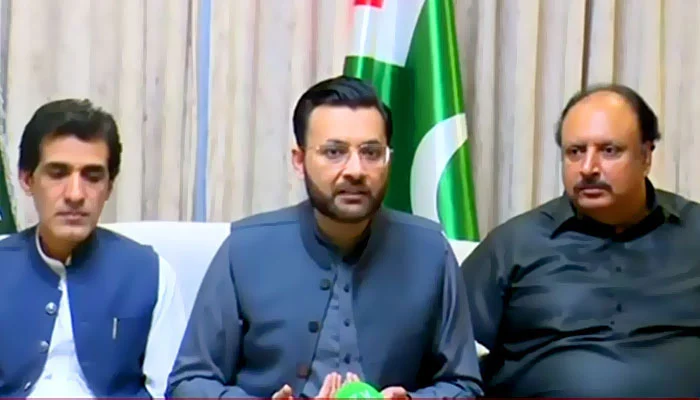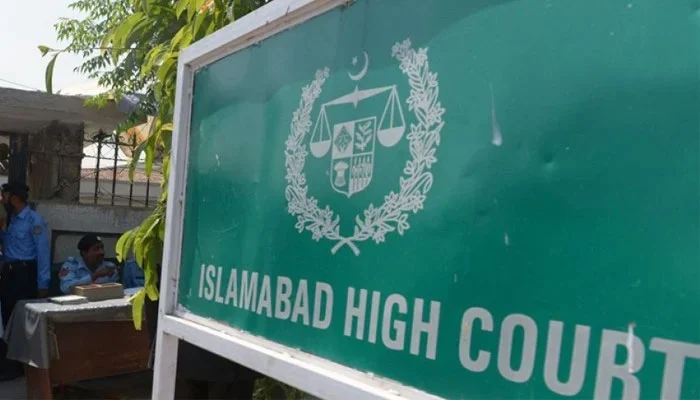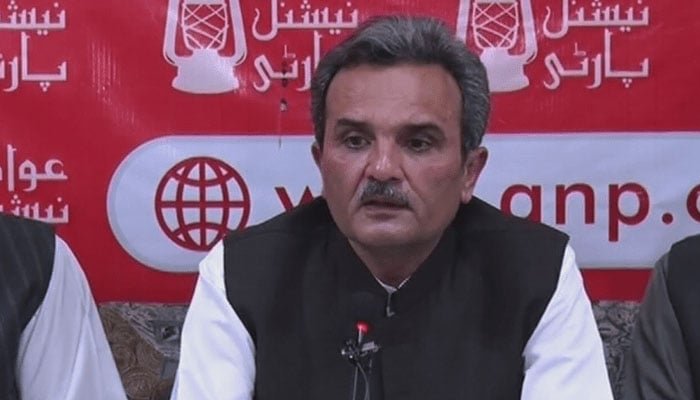In a surprising turn of events, former Pakistan Tehreek-e-Insaf (PTI) leader, Farkh Habib, has announced his departure from the party, citing a growing disillusionment with the direction it was taking. Habib made his decision public during a press conference held at the headquarters of the Pakistan Peoples Party (PPP). He expressed his dissatisfaction with PTI’s handling of the aftermath of the tragic events of May 9, indicating that instead of pursuing peaceful politics, the party had opted for a path of violence and confrontation.
Habib revealed that the party leadership had discouraged a constitutional resolution after a vote of no-confidence, opting instead for aggressive measures. He criticized PTI’s manipulation of public sentiment, spreading hatred and divisive messages, which he felt was contrary to the ideals of the party’s founding leader, Muhammad Ali Jinnah.
The former PTI leader also shed light on the exploitation of the Safoora University incident for political gains. Despite severe diplomatic protests lodged by Pakistan in Islamabad and Washington over Safoora, the incident was cynically used within the country for political maneuvering.
Moreover, Habib highlighted the lack of ethical foundations within the PTI leadership, accusing them of disregarding the principles they claimed to uphold. He implied that the party’s leadership was more interested in short-term gains, rather than adhering to the moral high ground.
Habib’s decision to join the Pakistan Peoples Party (PPP) signifies a significant shift in the political landscape. This move could potentially reshape political alliances and power dynamics within Pakistan. As the nation watches these developments unfold, questions arise about the impact this change will have on the upcoming political landscape and the relationships between key political players in the country.
In the wake of these dramatic events, the Pakistani political arena remains in a state of flux, with alliances reshaping and new narratives emerging. Habib’s departure from PTI and subsequent entry into PPP signals a turbulent period in the nation’s politics, leaving citizens and analysts alike eagerly anticipating the implications of this move on the future of Pakistan’s political landscape.



